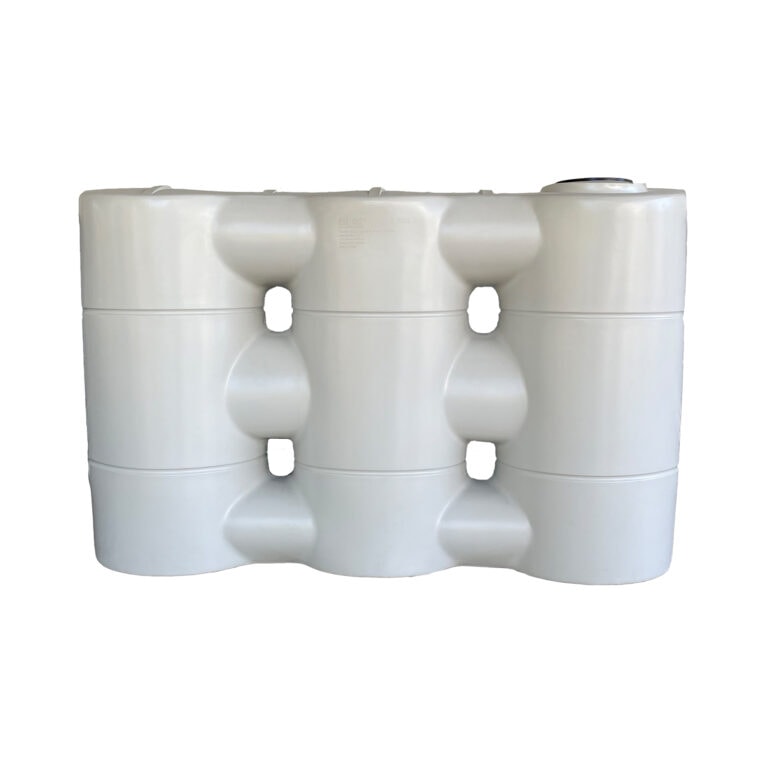Best Slimline Water Tanks: Resilient and Compact Water Storage Options
Best Slimline Water Tanks: Resilient and Compact Water Storage Options
Blog Article
Exploring the Various Uses Rainwater Tanks for Residential and Commercial Properties
As the worldwide focus on lasting living practices continues to magnify, the use of rainwater containers in both domestic and business settings has actually become an important service. These tanks offer a reservoir for rainwater harvesting, presenting a myriad of possible applications that extend much past mere storage space. From irrigation to commode flushing and landscape design, the adaptability of rainwater tanks is vast. Their combination right into commercial buildings opens up a realm of possibilities for ecologically aware companies. The multifaceted uses of rainwater tanks provide an engaging instance for their fostering, not only as a sensible water-saving measure but likewise as a testimony to responsible resource management.
Advantages of Making Use Of Rain Tanks
Making use of rainwater containers supplies various benefits for both homes and areas in regards to water preservation and sustainability. One of the crucial benefits of utilizing rain containers is the significant decrease in dependence on keys water supply - Slimline water tanks. By capturing and keeping rainwater for later usage, people and communities can reduce their demand for cured water, inevitably reducing the worry on water therapy facilities and reducing energy intake related to water transport and therapy
In addition, rain gathering with tanks supplies a reliable different water source during times of water constraints or lacks. This stored rain can be utilized for various non-potable objectives such as irrigation, flushing commodes, and cleaning garments, reducing the strain on conventional water resources. Additionally, using rain containers can result in cost financial savings for both households and neighborhoods by reducing water bills and lowering the need for expensive infrastructure expansions to fulfill expanding water demands.
In essence, the utilization of rain containers supplies a sustainable and ecologically pleasant method to water monitoring, profiting both private users and the broader area in terms of water preservation, cost-efficiency, and strength.
Rainwater Container Usage in Irrigation
Provided the advantages of rain containers in conserving water resources and decreasing dependence on mains water supply, a considerable application lies in using kept rainwater for watering functions - Slimline water tanks. Rainwater harvesting systems can successfully accumulate and keep rainwater, offering a sustainable water source for sprinkling gardens, yards, and agricultural areas. By utilizing rain for irrigation, homeowner can minimize their dependence on treated water resources, causing set you back financial savings and ecological benefits

One of the main benefits of using rain for watering is its pureness. Rainwater is normally soft and devoid of the chemicals and ingredients usually located in mains water, making it excellent for beneficial plants without the threat of hazardous effects. Furthermore, rain goes to ambient temperature, which can profit plant development by preventing temperature shocks that can occur with cold keys water.
Rainwater Tanks for Toilet Flushing

Executing rain storage tanks for toilet flushing is a cost-efficient and eco friendly practice that can be easily integrated into both domestic and business residential properties. The stored rainwater can be used to purge toilets by connecting the storage tank to the existing plumbing system. This simple yet effective solution can considerably decrease water intake in a structure, specifically in locations where water shortage is an issue.

Including Rainwater Containers in Landscaping
These storage tanks can capture and save rainwater overflow from roofings, which can after that be utilized for watering yards, lawns, and plants. By utilizing rain for watering objectives, residential or commercial property owners can reduce their reliance on metropolitan water sources, leading to set you back savings and preservation of precious water resources.
In addition to supplying a lasting water resource for landscape design demands, rainwater storage tanks can also assist in managing stormwater overflow. By capturing rain that would certainly otherwise flow right into storm drains, these storage tanks can minimize erosion, reduce flooding risks, and stop pollution of all-natural water bodies. Furthermore, incorporating rainwater containers in landscaping can contribute to the general aesthetic appeal of the property, showcasing a commitment to ecological stewardship.
Industrial Applications of Rainwater Tanks
Using rainwater storage tanks in commercial settings provides a lasting solution for water management and preservation, benefiting services and the setting alike. Industrial applications of rain tanks are diverse and progressively prominent because of the price financial savings and ecological benefits they supply. One essential industrial usage is for irrigation purposes, where harvested rainwater can be used to water landscaping, yards, and agricultural areas surrounding commercial residential properties. This can bring about significant reductions in water costs and reliance on metropolitan water resources.
Moreover, rainwater containers can be incorporated into the fire suppression systems of commercial structures. By having a committed water source for firefighting directory objectives, organizations can improve their fire safety actions and potentially decrease insurance policy costs. In addition, rainwater gathered in tanks can be treated and used for non-potable functions within industrial homes, such as flushing commodes, cleaning, and cooling systems. This not just conserves freshwater sources yet additionally lowers operating expense for services. In general, the incorporation of rainwater containers use this link in industrial setups offers a practical and environmentally liable method to water management.
Conclusion
In final thought, rain storage tanks provide numerous advantages for both property and commercial buildings. From watering to toilet flushing and landscaping, making use of rainwater tanks can assist conserve water resources and reduce water bills. In addition, including rainwater tanks in commercial setups can lead to considerable cost financial savings and environmental advantages. Generally, the flexibility and sustainability of rain storage tanks make them a valuable financial investment for any residential or commercial property owner seeking to enhance water effectiveness.
Report this page